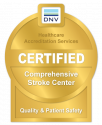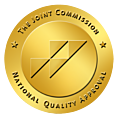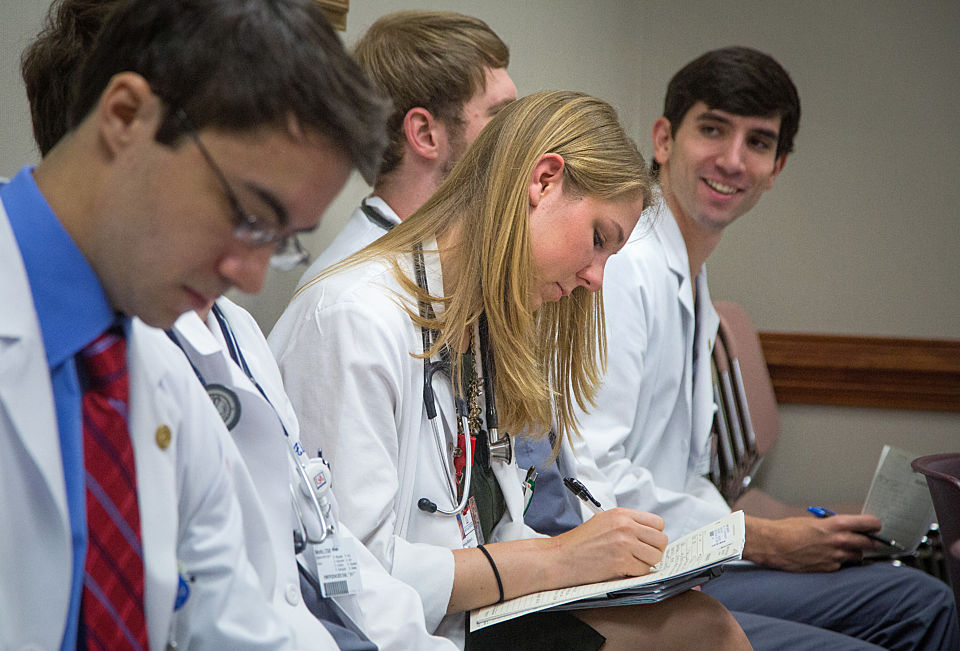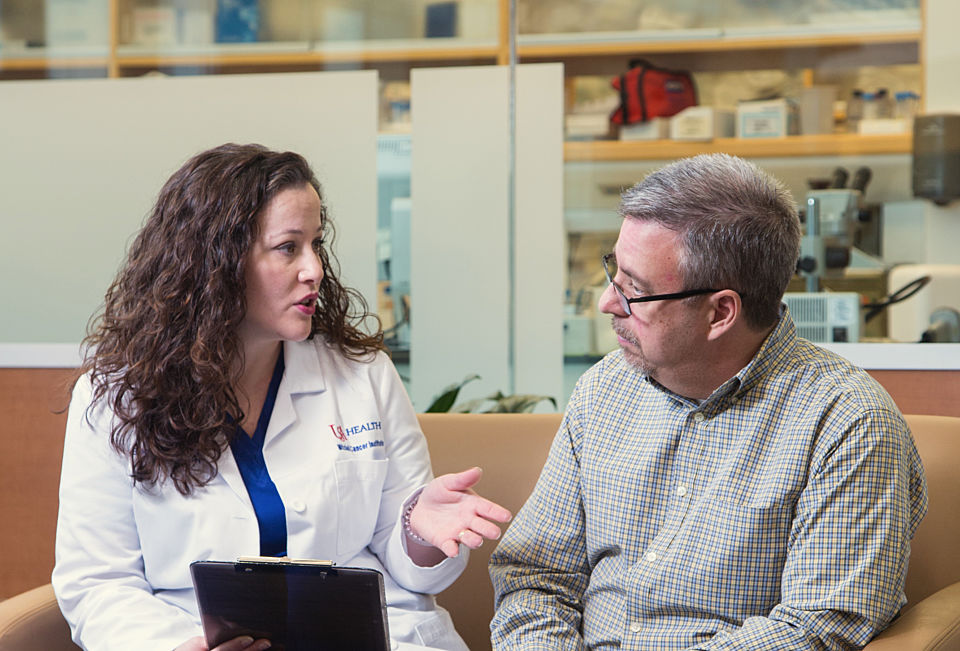
The study revolves around a specific DNA repair complex formed by the proteins PMS2 and MLH1, also known as Mutl_Alpha, which is crucial for correcting DNA errors.

For people living along the upper Gulf Coast, the most comprehensive and advanced stroke care happens at USA Health University Hospital in Mobile, Alabama.
Request an AppointmentOr Call (251) 470-5801
When a stroke occurs in the brain, minutes matter. That’s why it’s important for a patient to quickly receive stroke care at a hospital that provides every possible option for stroke treatment.
At University Hospital, patients receive advanced care from our stroke team that includes emergency department staff, intensive care staff, neurologists, neurosurgeons, radiologists and lab technicians. For care afterward, they may work with physical and occupational therapists, speech-language pathologists, dietitians, and social workers. We participate in clinical trials to evaluate new treatment options. In fact, one of our specialists was the first physician in Alabama to repair a nonruptured brain aneurysm using the PulseRider® stent. We also work closely with the local EMS service to ensure that strokes are promptly identified so that the appropriate treatment can begin as soon as possible.
USA Health was the first hospital in Alabama to receive the highest quality measures recognized by the American Heart Association: The Gold Plus Target Stroke Elite Plus award. In fact, we’re the only hospital to receive this award three consecutive years.
There are several types of stroke, but all happen in the brain. Here are the conditions that we routinely treat at University Hospital:
USA Health offers the expertise and technology to treat various types of strokes and other neurological conditions.
Our physicians can perform a thrombectomy, a minimally invasive procedure to remove a blood clot from the brain.
In cases where an initial CT scan reveals that hemorrhaging is present, a USA Health neurosurgeon can operate to remove any clot that is blocking flow of blood to the brain.
When a brain scan reveals that the stroke involves no bleeding, we administer tPA to dissolve the clot so that blood flow returns to normal in the brain.
“People keep telling me that it is a miracle I had a stroke and have no long-term effects from it, but the miracle is truly in Dr. Nisar’s capabilities and the team at University Hospital.”
Due to innovations being pioneered and practiced at USA Health, including clinical trials involving new medications, the window to receive treatment for a stroke continues to grow wider in order to prevent or reverse damage to the patient. New guidelines show that the "golden window" when doctors can minimize or prevent permanent damage has expanded from six to 24 hours.
When a patient arrives presenting the signs of a stroke, our team typically performs a CT (computed tomography) scan to look for signs of hemorrhaging. If a hemorrhage is indicated, we administer medication to control the bleed. Further diagnostic tests help determine if the ruptured vessel needs surgery to repair or should be left to heal on its own.
If the initial CT scan shows no signs of a hemorrhage, the patient receives a clot-busting medication intravenously. A CT angiogram is then performed to determine the location and size of the clot. The patient could be a candidate for a thrombectomy, a noninvasive procedure to retrieve the clot. A CT perfusion scan can help doctors determine any damage caused to brain tissue surrounding the clot.
Depending on damage that may have occurred, stroke patients may need physical, occupational or speech therapy rehabilitation afterwards. If rehab is needed, our case workers ensure that patients receive therapy on both an inpatient and outpatient basis. Then, at 30 days and 90 days post-stroke, our neurologists and neurosurgeons see patients for follow-up care at the Strada Patient Care Center or Canton Road clinic locations.
Strokes can sometimes cause lasting effects for a patient. That’s why it’s important to be involved in aftercare through our therapy services. Our Rehabilitation Clinic at the Strada Patient Care Center provides rehabilitation care after a person has experienced a stroke.
Learn MoreAt USA Health, we continue to improve procedures for treating strokes and to train our physicians and nurses in those ground-breaking advances. Find out about all of our stroke education and research efforts.
Learn MoreHow effective is a particular stroke medication protocol? That's just one of the areas that we study in clinical trials. Learn more about how we’re transforming medicine.
See TrialsThe study revolves around a specific DNA repair complex formed by the proteins PMS2 and MLH1, also known as Mutl_Alpha, which is crucial for correcting DNA errors.
“Practicing in an academic health system can provide advantages to see patients with different levels of acuity as well as provide solid support for clinical and basic research,” said Ting Wei, M.D., Ph.D.
A board-certified and fellowship-trained pathologist, Bahaaeldin Youssef, M.D., brings a passion for teaching and research to USA Health and the Frederick P. Whiddon College of Medicine.
Join USA Health for the ALS walk in support of the Kelly Butler ALS Center! Participation is free and we encourage you to create a fundraising team to drive more awareness and donations!
Our calendar lists special events and regularly scheduled classes separately. To display a list of upcoming classes, select the "Classes" option above or visit Events, Classes and Support Groups at USA Health.






